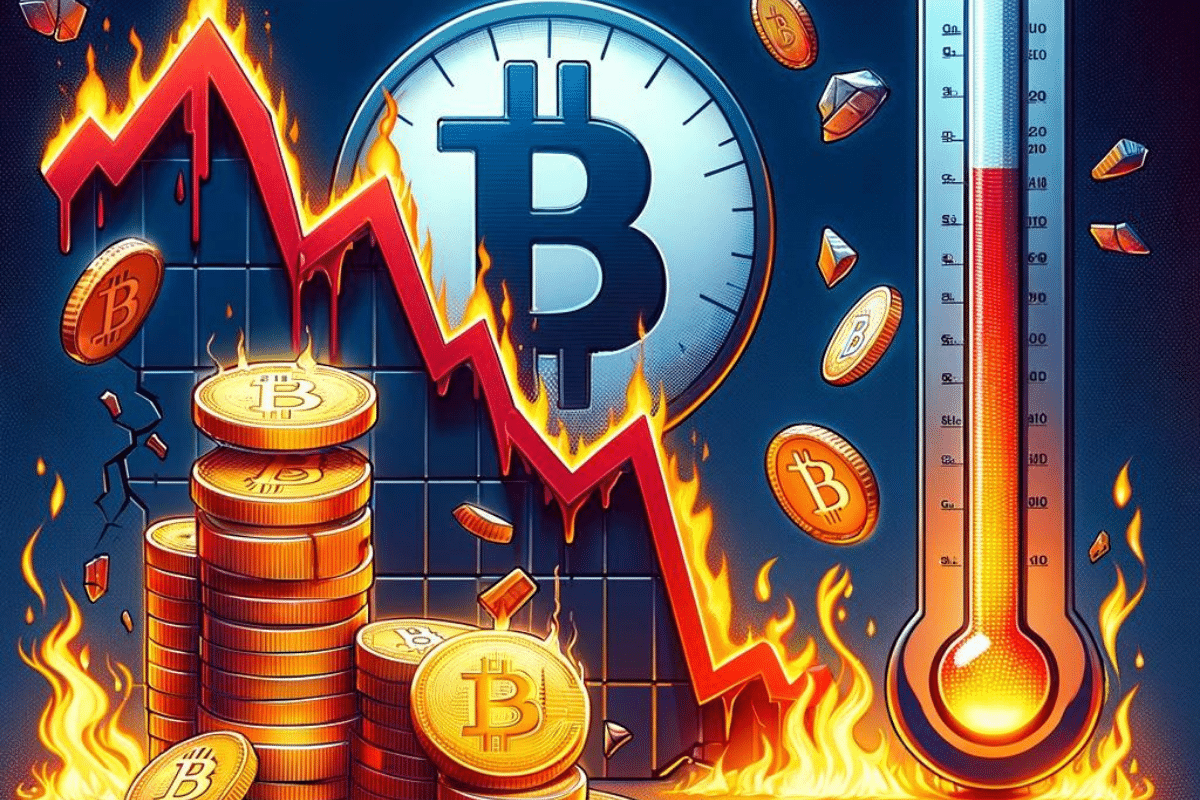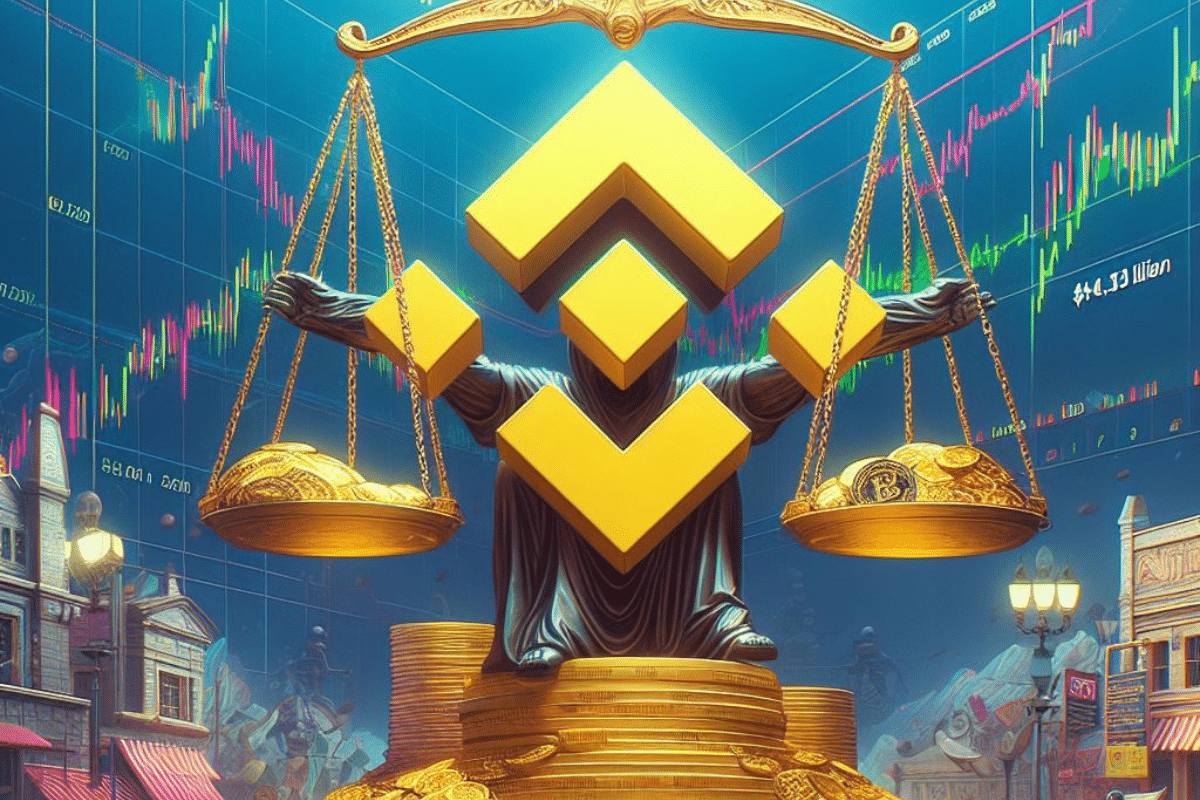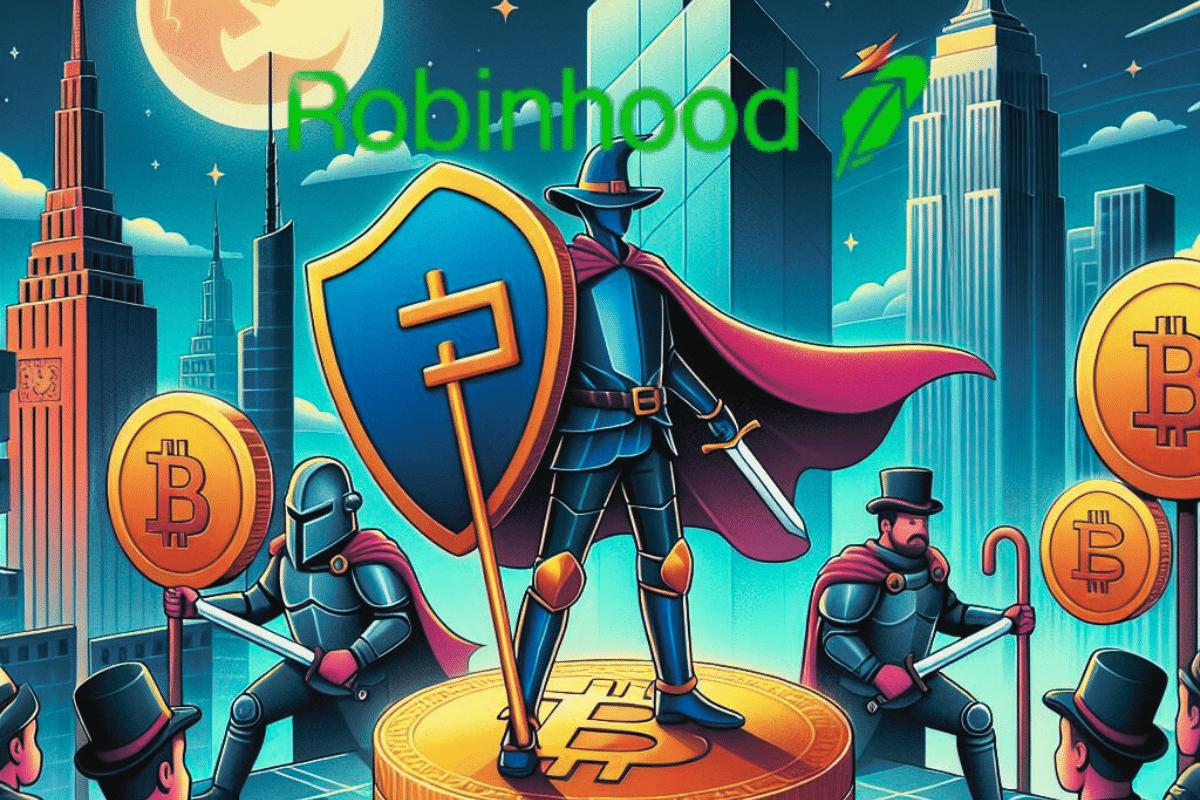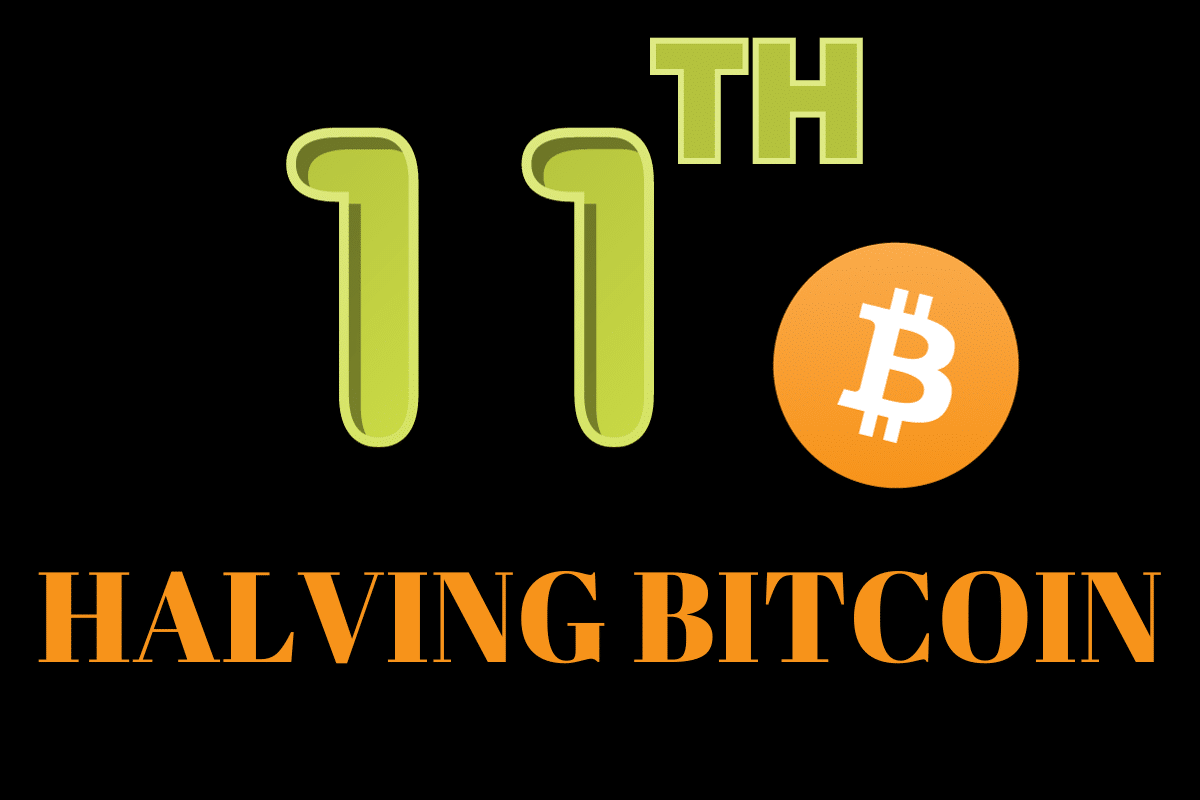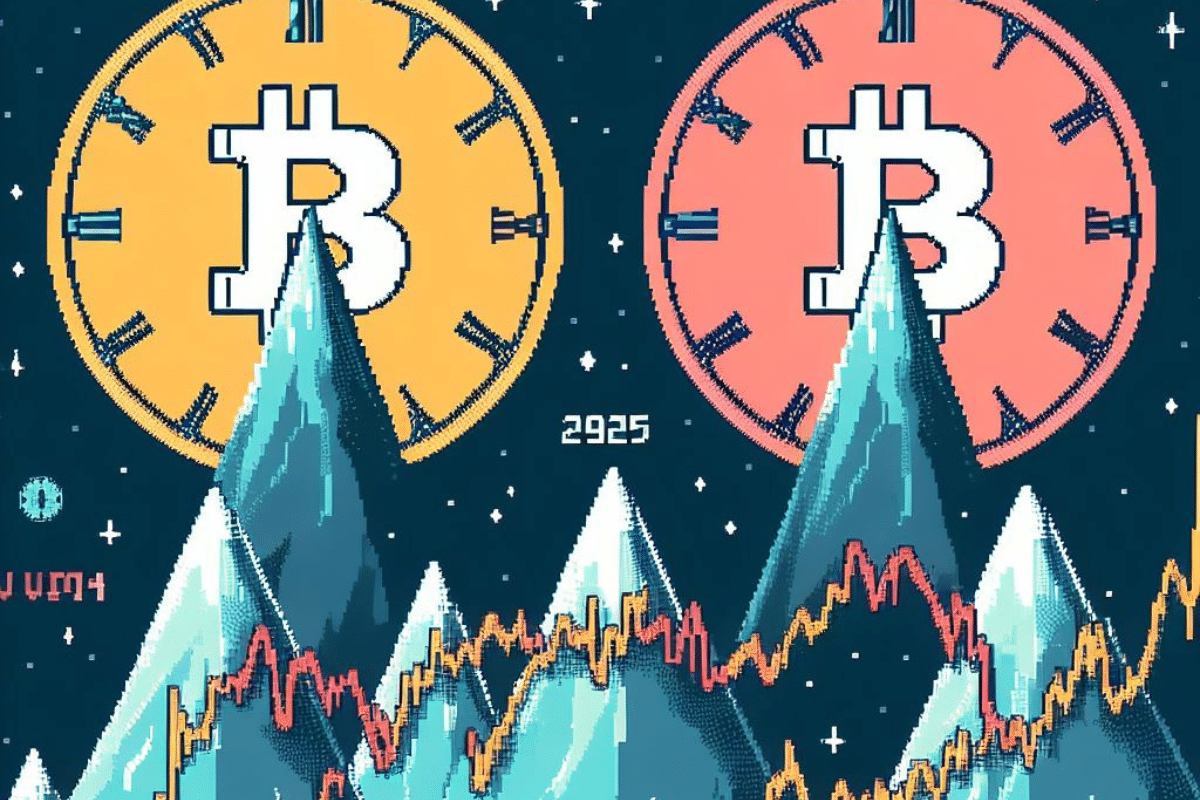The Solana Saga phones, initially ignored, are now the subject of frenzy in the crypto community. On eBay, some models are selling for up to 5 times the price of the latest Apple iPhones.
Theme Event
Bitcoin, the venerable pioneer, is facing a new challenge. Denial of Service (DoS) attacks, orchestrated, according to some, by young anime fans, and the threat of more sophisticated manipulations threaten the stability of the blockchain. But that's not all: a surge in transaction fees and a drop in prices are shaking the market. Let's take a closer look at this phenomenon.
In the ever-changing world of finance, a recent event has sparked excitement in the Bitcoin universe: the US Federal Reserve announces a significant reduction in interest rates by 2024. But how has this news ignited the crypto market? Join us on this financial journey, where numbers dance and cryptocurrencies soar!
In the ever-shifting world of finance, a recent event has sparked excitement in the Bitcoin universe: the United States Federal Reserve has announced a significant interest rate cut by 2024. But how has this news ignited the cryptocurrency market? Let us embark on this financial adventure together, where numbers dance and cryptocurrencies soar!
Central banks will be able to gradually integrate crypto into their reserves from 2025, up to a maximum of 2%, according to new cautious regulations published by the Bank for International Settlements.
Danger is always lurking in the crypto sphere, hidden in the shadows of lines of code. Today, it's the giant Ledger that finds itself facing a formidable predator: a malicious hack. But fear not, dear crypto-enthusiasts, this article is your shield against the onslaught of invisible hackers.
The recent fall of Bitcoin has created waves, turning the market into a theater of spectacular maneuvers. As panic grips the small fish, the whales seem to play a different tune altogether. With an almost theatrical ease, they seize this opportunity to accumulate more, thus revealing the subtleties of a market as volatile as it is innovative.
Polygon has just reached a major milestone in the crypto sphere. With the launch of Polygon Portal, a breath of fresh air flows through the ecosystem, promising a bright future for its native cryptocurrency, MATIC. But what does this innovation truly mean for Polygon?
Driven by Bitcoin and Ethereum, cryptocurrencies are gaining momentum in Europe. According to a recent Bloomberg report, the old continent invested over $43 million in crypto funds last week. This enthusiasm contrasts with American and Asian skepticism.
Artificial intelligence (AI) is redefining the boundaries of innovation and technology, and today France stands at a crucial crossroads. Amidst the technological giants of the United States and China, a new battlefield is unfolding where AI becomes the weapon of choice. French President Emmanuel Macron has recently spoken out against a European AI bill, fearing it might stifle French innovative potential. However, could this opposition ironically be hiding another issue, namely that of France's digital and economic sovereignty?
Bitcoin experienced a dramatic fall, reigniting the debate over its stability and future. The drop to $40,000, although brief, raises critical questions about the intrinsic nature of this virtual currency and its impact on the cryptocurrency ecosystem as a whole.
The crash of bitcoin led to a massive liquidation of $400 million. As BTC plummeted below the psychological threshold of $41,000, the turmoil spread well beyond the usual circles of crypto enthusiasts. Peter Schiff, a known critic of crypto, did not miss comparing this downfall to a major sports defeat. But what really happened?
In the crypto sphere, even the most seasoned traders can feel like Alice who fell down the rabbit hole. But, before chasing the high-yield White Rabbit, it's crucial to read the fine print - especially those penned by the United States Securities and Exchange Commission (SEC).
Few names resonate with as much authority as Binance in the crypto sphere. Yet, even this giant seems to stumble, as illustrated by the recent performance of its BNB token. While the crypto market has experienced a spectacular surge, BNB struggles to keep pace, highlighting the complexity and unique challenges that this influential platform faces.
The online brokerage firm Robinhood, known for its zero fees and intuitive interface, has just announced the expansion of its cryptocurrency trading services to the European market. Users from the Old Continent will now be able to buy, sell, and hold Bitcoin, Ethereum, and Solana without any commissions.
Bitcoin, consistently in the spotlight, has recently been the subject of a sharp analysis by John Bollinger, an authority on trading.
Bitcoin has long played the role of the undisputed leader, paving the way for its crypto brethren. But, as in any good epic tale, a challenger arises: Ethereum. As we approach the end of 2023, we might be witnessing the dawn of a new era, where the altcoin is no longer content to follow but aims to compete. Is it the season of altcoins? In this financial ballet, Ethereum sketches a daring dance to catch up with the Bitcoin giant. Let's analyze this captivating plot together.
Bitcoin is in a state of euphoria. Driven by growing enthusiasm from professional investors, bitcoin has just surpassed the $44,000 mark, dangerously approaching its all-time high set just one year ago. A telltale sign is the explosion in the volume of futures contracts traded on dedicated platforms. Here's the explanation.
The Bitcoin network is experiencing unprecedented congestion in recent days, caused by a massive influx of transactions related to BRC20 tokens. Nearly 300,000 transactions are waiting to be confirmed, saturating miner memory and driving fees to record levels.
The Bitcoin network's hash rate has just reached a new all-time high, surpassing for the first time the symbolic threshold of 500 million terahashes per second. However, some experts warn of a sharp reversal risk. A sudden drop in hash rate would weaken the network's security and cause the price of Bitcoin to plummet.
Thanks to the use of blockchain and artificial intelligence, Rayn offers an innovative and novel formula for all its customers.
This weekend, the price of Bitcoin (BTC) crossed the symbolic threshold of $40,000, reaching $40,846 on Sunday evening. This is its highest level since April 28, 2022. Fueled by optimism, the flagship cryptocurrency is beginning its return to the heights after over a year of turmoil.
This is the bombshell in the crypto sphere: Anatoly Yakovenko, the founder of Solana, has just made an unexpectedly mild statement regarding the Ethereum blockchain. While the two projects are often depicted as fierce competitors, Yakovenko sought to ease tensions during a notable address.
Discover the impact of the Bitcoin halving on investors. Analysis of past events and anticipation of the crypto 2024 halving.
Bitcoin acts as the conductor of an unprecedented symphony. 2023 witnessed a meteoric rise of this cryptocurrency pioneer, catapulting interest not only from tech geeks but also from financial titans.
"""You must translate each text and preserve the context. Return me only the translated text without explication or comment. This is the text to translate into English:"""
Arthur Hayes, co-founder of BitMEX, has thrown a spanner in the works with a bold prediction: an imminent rise in Bitcoin, fueled by an increase in dollar liquidity under the auspices of Janet Yellen. It's a scenario that sends shivers down the keyboards of crypto-enthusiasts and sets the skeptics' teeth on edge. Let's dissect this prophecy with a critical yet amused eye.
On November 26, 1998, Wei Dai, computer scientist and cryptographer, published an essay entitled "B-Money: An Anonymous and Distributed Electronic Cash System" on a Cypherpunk mailing list. This document described the foundations of a peer-to-peer payment system based on cryptography, laying the groundwork for what would become Bitcoin 10 years later.
As the European Union is set to adopt its landmark law governing artificial intelligence (AI) systems, a group of 33 EU-based technology companies warns against excessive regulation that could hinder innovation.
An alternative theory regarding Bitcoin cycles predicts that the next crypto market peak will arrive earlier than expected, potentially mid-2025 instead of late 2025. This theory challenges the standard model of halvings, which has accurately predicted the peaks of the last three cycles.

